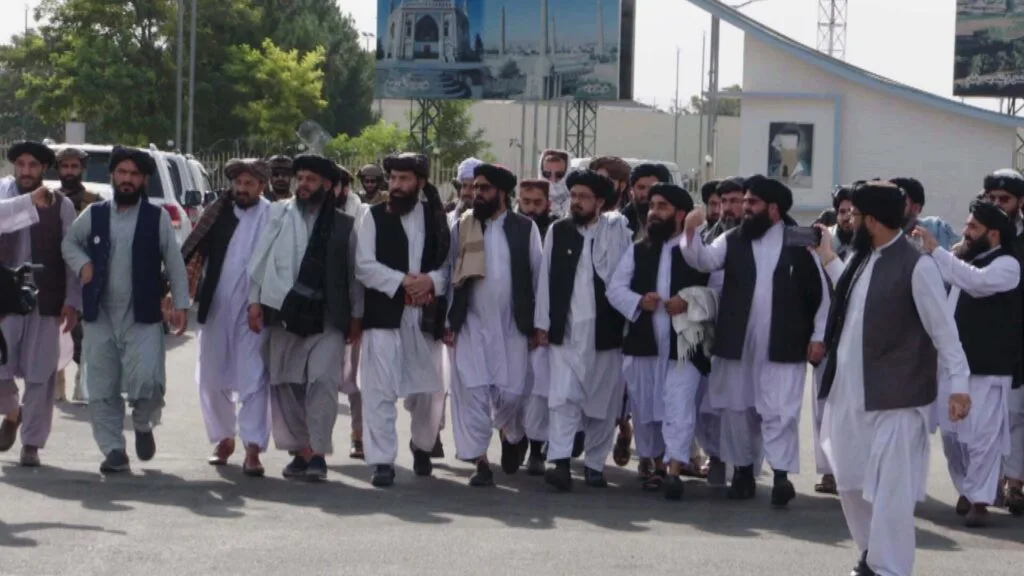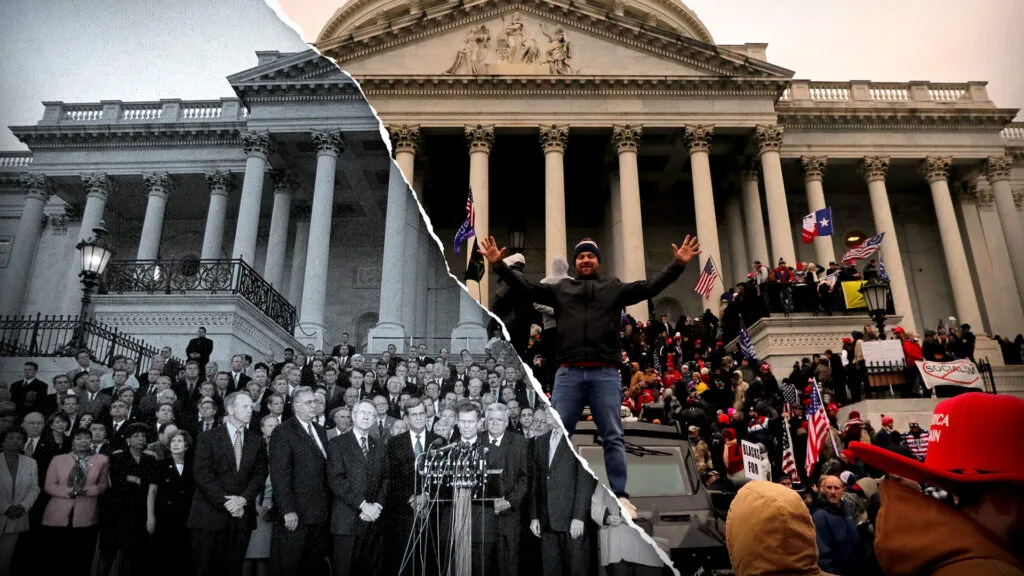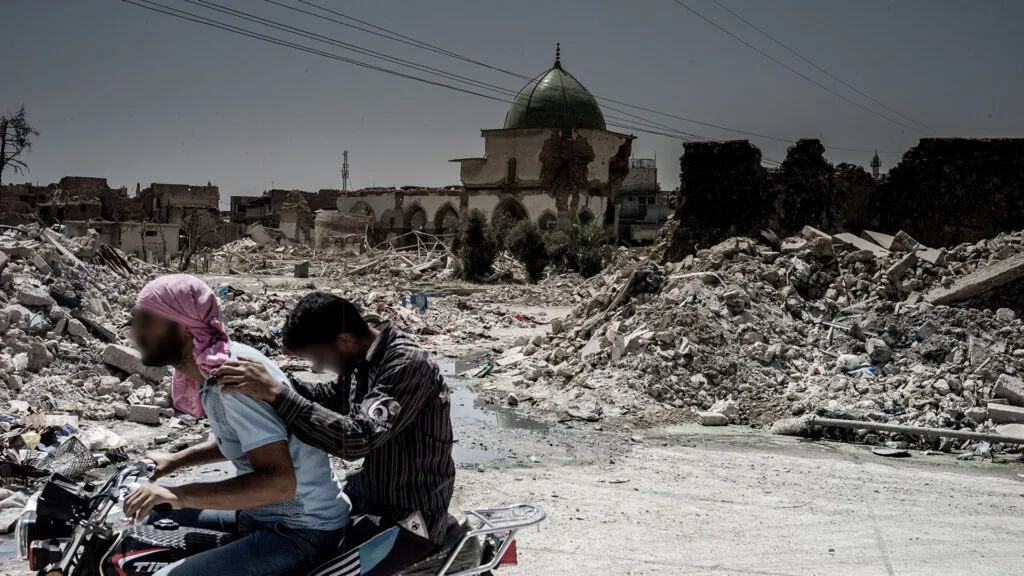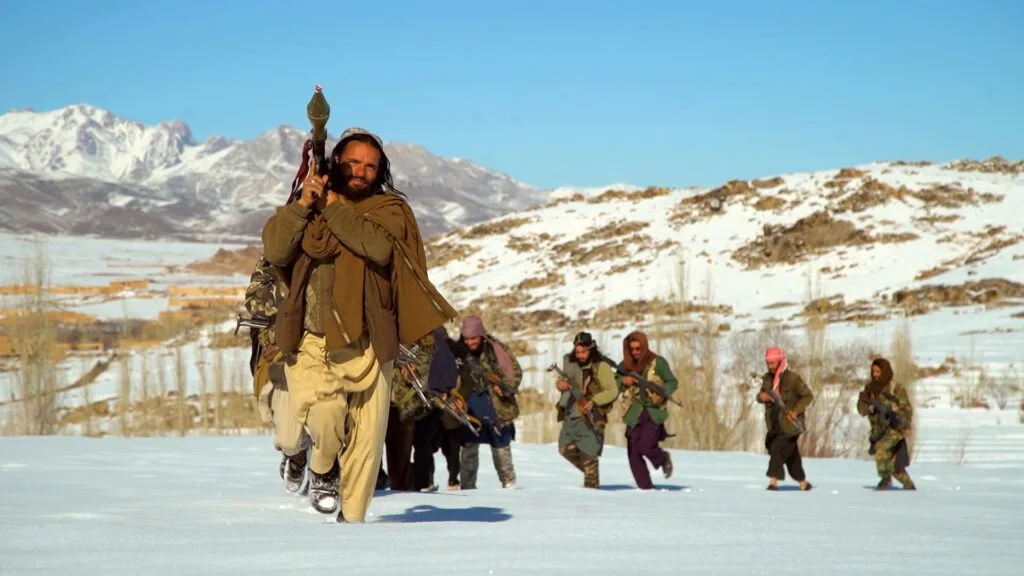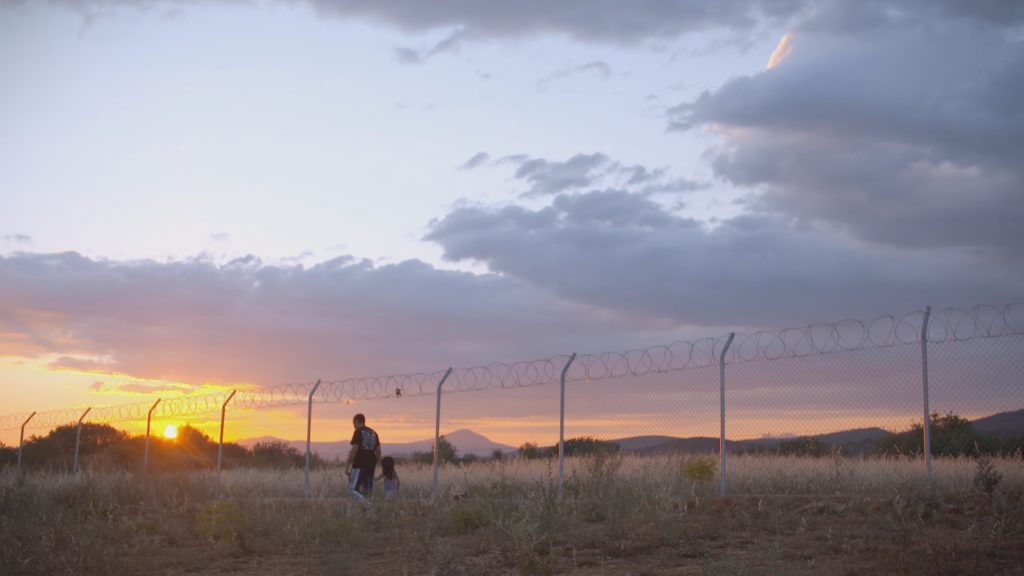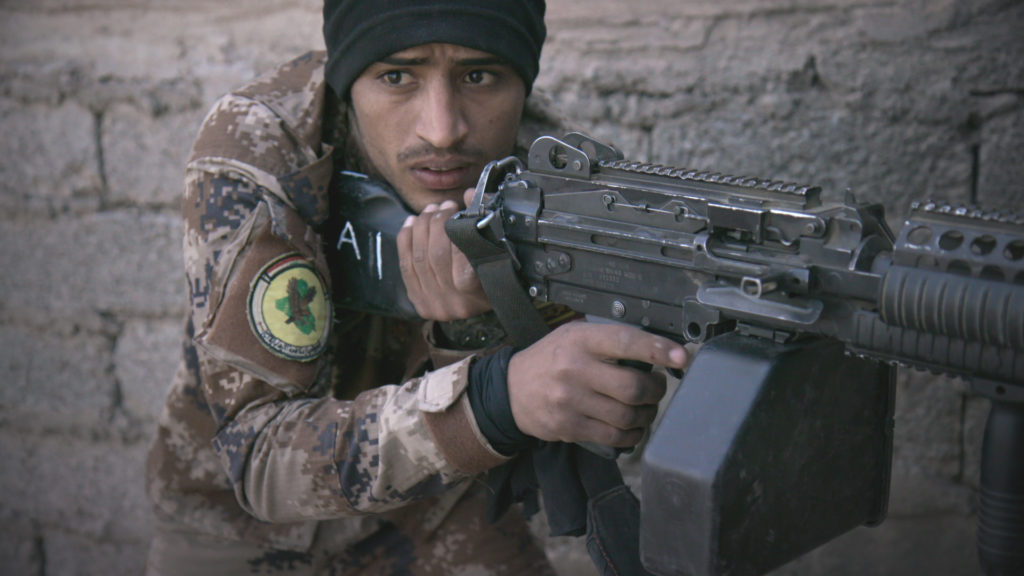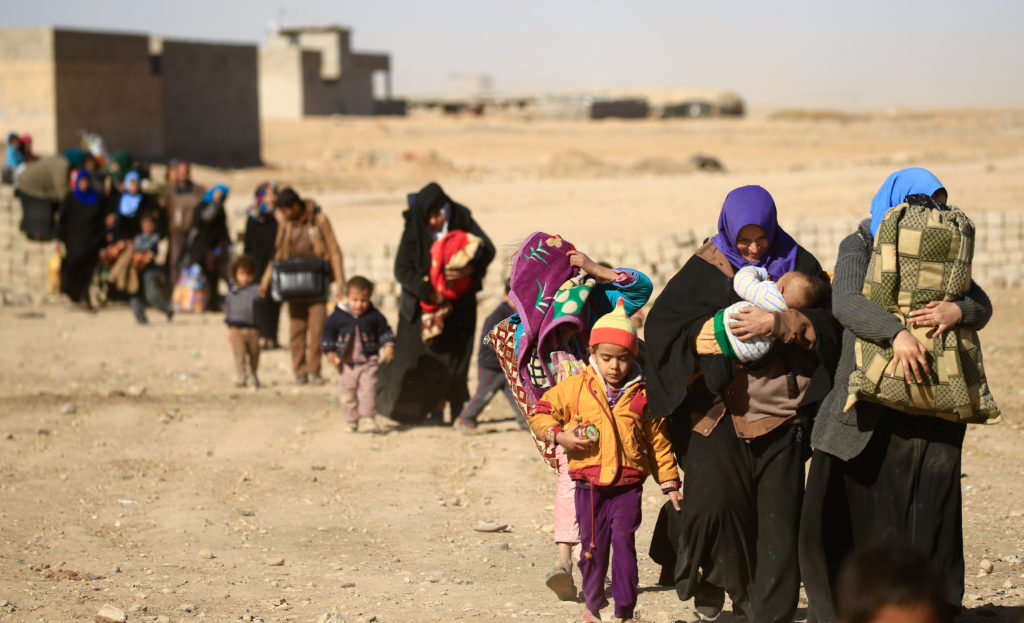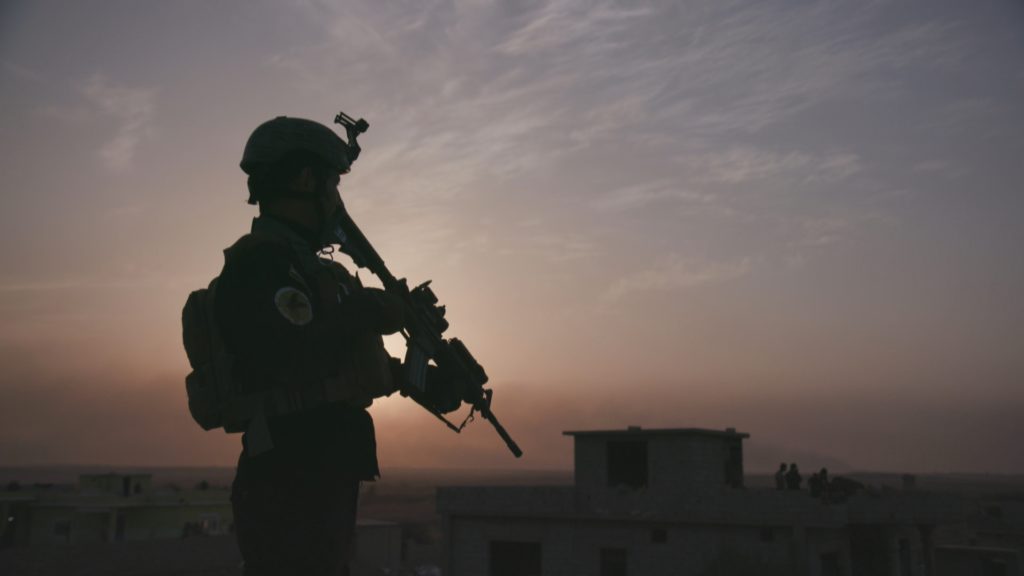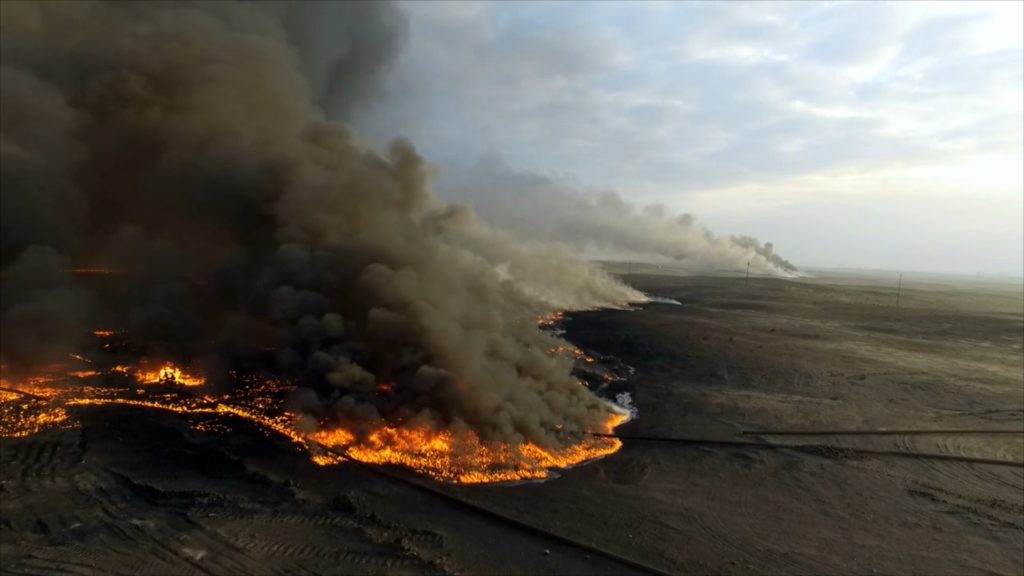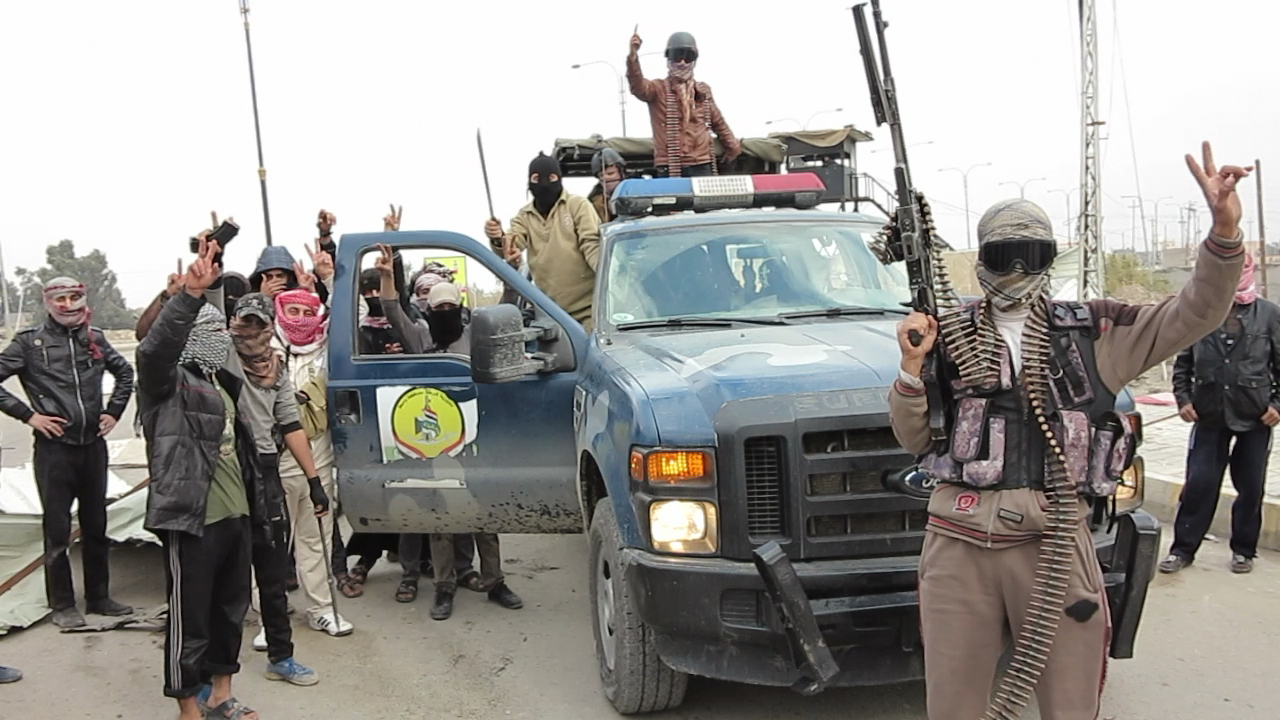White House Official Defends Administration’s ISIS Response
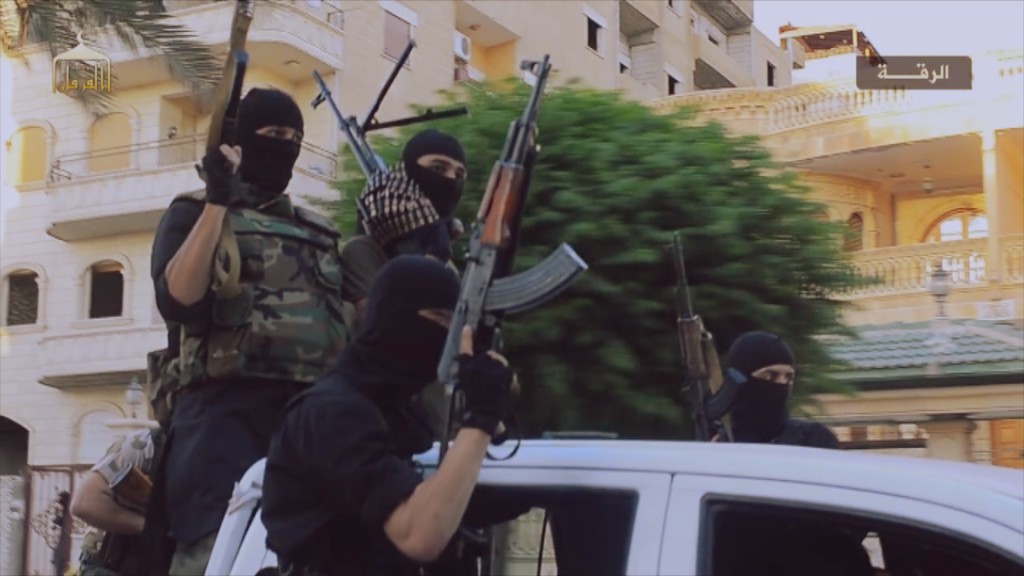
October 30, 2014
Share
Deputy National Security Adviser Antony Blinken yesterday defended the Obama administration against criticism that it was slow to respond to early warnings about the rise of the Islamic State of Iraq and Syria (ISIS).
“When President Obama met with [former Iraqi Prime Minister Nouri al-Maliki] in November 2013, ISIL was at the top of the agenda,” Blinken told an audience at the Carnegie Institute for International Peace. “The president told the prime minister: ‘You need a comprehensive approach to this problem. There’s a military piece to it. We’re working hard to help you with that. But it has to be comprehensive. And in particular, you have to pursue political reforms to address the legitimate grievances of Iraqis who otherwise might see ISIL as a savior.'”
In outlining the administration’s response to the terrorist group’s advance, Blinken also said that in spring of 2013, the administration began “a systematic effort to ramp up our counterterrorism assistance to the Iraqis,” and that “well into 2013 and then the beginning of 2014, the committee that I chair, the deputies’ committee, met more than a dozen times on the question of increasing support to Iraq to deal with [Al Qaeda in Iraq] and then ISIL … it was something with which we were deeply engaged.”
Blinken’s remarks came the day after FRONTLINE premiered The Rise of ISIS, in which several former Obama administration officials — including former ambassador to Iraq James Jeffrey, former ambassador to Syria Robert Ford, and former Secretary of Defense Leon Panetta — alleged that the Obama administration allowed warnings about ISIS’s growth to go unheeded.
“The administration not only was warned by everybody back in January [2014], it actually announced that it was going to intensify its support against ISIS with the Iraqi armed forces. And it did almost nothing,” Jeffrey told FRONTLINE.
In June, in a key strategic victory, ISIS went on to take Mosul, Iraq’s second-largest city. As FRONTLINE’s Martin Smith reports, in the end, it took only 800 ISIS fighters to secure a city of 1.8 million people.
Deputy National Security Adviser Ben Rhodes defended the administration’s actions in the film, replying “That’s just not true,” to Jeffreys’ assertion that the administration “did almost nothing.”
Watch that exchange from The Rise of ISIS, FRONTLINE’s in-depth investigation of how and why the group came to power, below.

Related Documentaries
Latest Documentaries
Related Stories
Related Stories
Explore
Policies
Teacher Center
Funding for FRONTLINE is provided through the support of PBS viewers and by the Corporation for Public Broadcasting, with major support from Ford Foundation. Additional funding is provided the Abrams Foundation, Park Foundation, John D. and Catherine T. MacArthur Foundation, Heising-Simons Foundation, and the FRONTLINE Trust, with major support from Jon and Jo Ann Hagler on behalf of the Jon L. Hagler Foundation, and additional support from Koo and Patricia Yuen. FRONTLINE is a registered trademark of WGBH Educational Foundation. Web Site Copyright ©1995-2025 WGBH Educational Foundation. PBS is a 501(c)(3) not-for-profit organization.
